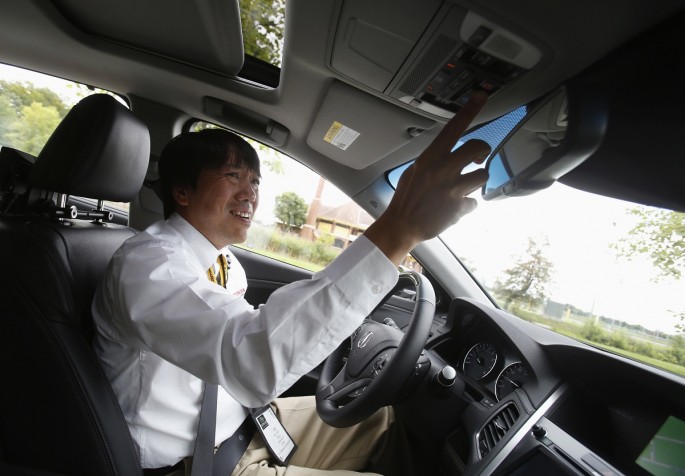A new report has revealed that wireless technology in cars fails to "adequately" protect drivers from security and privacy threats like hacking. The report is set to be published by the office of Sen. Edward Markey, D-Mass on Feb. 9, Monday, according to The New York Times.
The report concludes that there is a "clear lack of appropriate security measures to protect drivers against hackers who may be able to take control of a vehicle or against those who may wish to collect and use personal driver information," Economic Times reported.
The findings are significant as more and more vehicles come out with these wireless technology and drivers come to rely on them more. But unfortunately, Sen. Markey said in a statement that the automakers haven't done their part to keep drivers safe from cyberattacks or privacy invasions.
The report reveals there are "inconsistent and haphazard" security measures in place to protect drivers from hackers who would like to gain control of their vehicles. In addition, it also shows majority of automakers do not have a system in place that could detect hacking or respond to hacking incidents quickly.
Although automakers say they use personal vehicle data to "improve the customer experience," the report showed manufacturers track drivers' behavior, collect data, transmit it and store information in various and often vague ways. Customers either do not know about the data collection or if they do know, they frequently have to disable valuable features like navigation to opt out.
But in November 2014, the auto industry, through trade groups the Alliance of Automobile Manufacturers and the Association of Global Automakers, created voluntary privacy principles that called on automakers to collect information "only on as needed for legitimate business purposes." Sen. Markey, however, does not find these efforts to be enough to protect motorists' privacy.
The report comes after researchers found hackers can control some popular cars and SUVs. These hackers can make the car turn, sound the horn, accelerate suddenly, turn headlights on or off and modify speedometer and gas-gauge readings.
The report was based on responses from 16 automakers, namely BMW, Ford, General Motors, Honda, Hyundai, Fiat Chrysler, Jaguar Land Rover, Mercedes-Benz, Mazda, Mitsubishi, Subaru, Toyota, Porsche, Nissan, Volvo and Volkswagen. Meanwhile, Aston Martin, Tesla and Lamborghini did not respond to requests for information.



























